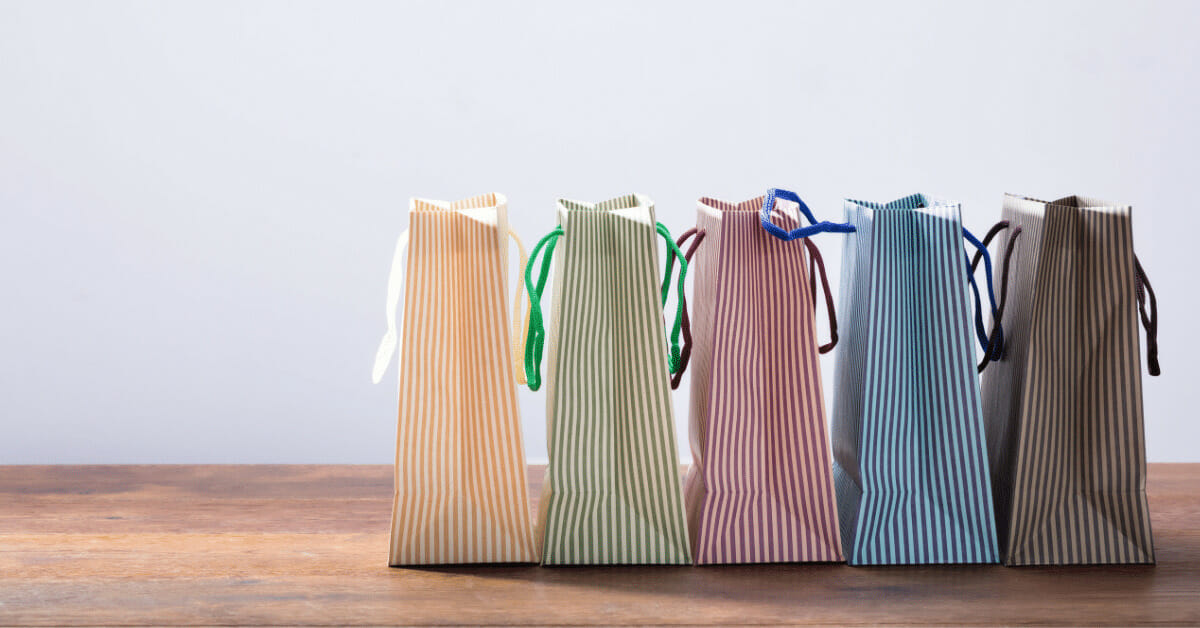Blog
The counterfeiting trends exposed by Singles’ Day 2019
- Brand Protection

Alibaba once again smashed records this Singles’ Day by registering over US$38 billion in sales, up from $30 billion in 2018. However, hidden amongst the thousands of third-party sellers taking part were opportunistic counterfeiters using the cover of discounts to peddle low-quality products.
Singles’ Day, the ecommerce phenomenon in China and South-East Asia, continues to outpace Black Friday, Cyber Monday, and Thanksgiving weekend. The scale of the event is huge; combined, Black Friday and Cyber Monday 2018 achieved less than half the value of sales by comparison [1] [2], while ecommerce giant Amazon only managed a comparatively minor $7.16bn [3] in sales during its ‘Prime Day’ in 2019.
This year, electronic gadgets and fashion items were among the top product categories. New categories included cars and travel, with packages to the 2020 Tokyo Olympics and tickets for Disney’s theme park in Shanghai available at a discount.
Opportunistic counterfeiters continue to exploit ecommerce events
Over 40% of the products sold online in China are fake or of poor quality, according to a state media report released in 2019 [4]. Ecommerce platforms continue to be plagued by counterfeiting, and widespread discounting is seen as the perfect cover for infringement.
Social ecommerce platforms have even been set up solely to help consumers sift through the millions of offers and discounts available on Singles’ Day. RED is emerging as the most popular of these platforms and now has over 200 million registered users.
Low pricing, often seen as suspicious to savvy consumers, no longer looks out of place next to other similarly priced listings, and deal comparison services do little to verify the legitimacy of the products included in the deals.
Counterfeiting trends this year

Singles’ Day 2019 pre-sale campaigns and promotions by marketplace (Corsearch, 2019)
Corsearch’s brand protection analysts actively monitor infringement activity in the run-up to Singles’ Day and through the 24-hour sale period. This year, they pointed to the increased length of pre-sale campaigns in comparison to 2018 as an opportunity for counterfeiters. Bad actors were able to sell higher volumes of fakes and attempt to evade detection by listing their products before the ecommerce event fully kicked off.
93 luxury brands were involved in this year’s ‘1111’ (11th November) promotions on Tmall. More than 40 of these brands participated in the event for the first time. Luxury brands continued to be targeted by bad actors who used large discounts to appeal to price-sensitive consumers.
We identified that for one luxury brand there were several spikes in high-risk listings in the four-week run-up to Singles’ Day. Particularly noteworthy was a spike of 171 individual listings on the 19th of October, just two days before Tmall’s sales campaign launched and one day after JD.com’s had launched.
International brands accounted for over 40% of total purchases during Singles’ Day 2018, demonstrating their appeal to the Chinese market. Indeed, this trend continues to grow; 60% of consumers in China indicated that they intended to purchase imported products this Singles’ Day [5].
We detected the highest volume of counterfeit listings on the marketplace Taobao. On JD.com, we noted a high number of copyright infringements amongst listings participating in ‘1111’ promotions, namely sellers taking copyright imagery and photography from brands’ official websites. Group-buying platform Pinduoduo was also found to have a number of counterfeits enrolled in the promotions.
What can brands do?
A truly comprehensive brand protection strategy is essential if brands are to meaningfully reduce online counterfeiting during high-profile ecommerce events. Brands should ensure they:
- Invest in a sophisticated technology solution
- Use platform anti-counterfeiting tools effectively
- Maintain a watertight IP portfolio
- Fully understand local IP law and the documentation required by platforms
Platforms shouldn’t be relied upon alone to detect and remove infringements. Instead, brands should invest in technology that can identify and enforce against entire networks of infringers rather than individual listings or accounts.
Online Brand Protection key to reducing infringement
Brands must be prepared to face threats online from opportunistic infringers that exploit increased demand; it is critical to factor in holidays, sales and other events into your brand protection strategy.
With ecommerce platforms starting their pre-sale campaigns earlier and earlier each year, it is essential that brands widen the scope of monitoring and look at infringement trends well in advance of the final sale period. And as ecommerce events such as Singles’ Day continue to expand into new markets such as the UK and US, brands must ensure that they also patrol western marketplaces in addition to those in China and South-East Asia.
At Corsearch, we work with our clients to ensure they protect their consumers and brand reputation online. We allow our customers to meaningfully reduce online infringement and increase their online sales by targeting the largest infringers. If you believe your brand is under threat and are interested to see how our technology can offer a long-term solution to online infringement, request a free demo from one of our experts below.
References:
[3] https://www.digitalcommerce360.com/article/amazon-prime-day-data/
[5] https://www.cnbc.com/2019/11/08/alibaba-singles-day-2019-preview.html



